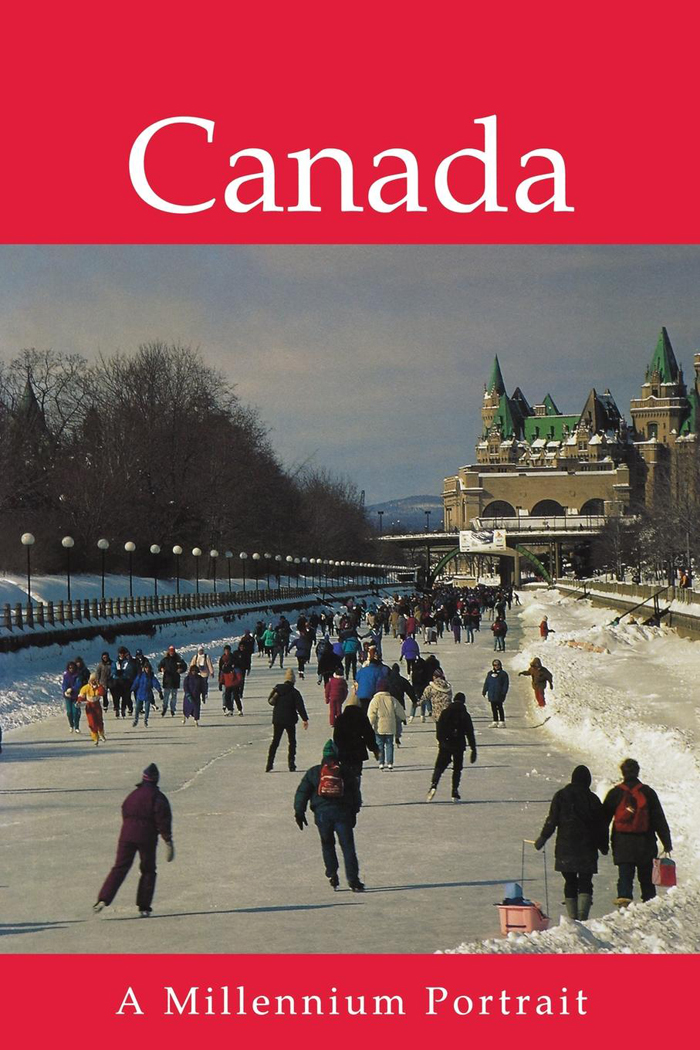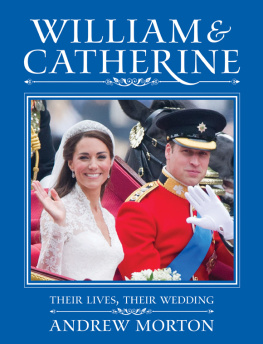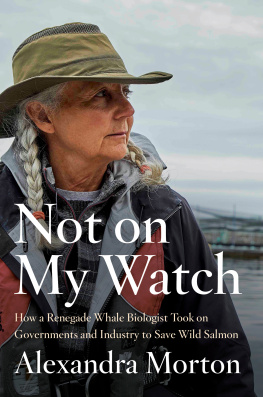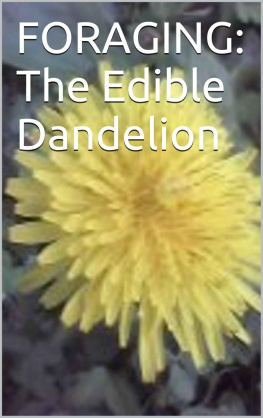Desmond Morton - Canada: A Millennium Portrait
Here you can read online Desmond Morton - Canada: A Millennium Portrait full text of the book (entire story) in english for free. Download pdf and epub, get meaning, cover and reviews about this ebook. year: 1999, publisher: Dundurn Press, genre: Politics. Description of the work, (preface) as well as reviews are available. Best literature library LitArk.com created for fans of good reading and offers a wide selection of genres:
Romance novel
Science fiction
Adventure
Detective
Science
History
Home and family
Prose
Art
Politics
Computer
Non-fiction
Religion
Business
Children
Humor
Choose a favorite category and find really read worthwhile books. Enjoy immersion in the world of imagination, feel the emotions of the characters or learn something new for yourself, make an fascinating discovery.

- Book:Canada: A Millennium Portrait
- Author:
- Publisher:Dundurn Press
- Genre:
- Year:1999
- Rating:5 / 5
- Favourites:Add to favourites
- Your mark:
- 100
- 1
- 2
- 3
- 4
- 5
Canada: A Millennium Portrait: summary, description and annotation
We offer to read an annotation, description, summary or preface (depends on what the author of the book "Canada: A Millennium Portrait" wrote himself). If you haven't found the necessary information about the book — write in the comments, we will try to find it.
Morton, one of Canadas most respected historians has given us a short celebration of Canada with a depth of insight that truly helps us to know one another and all the regions of the country.
Canada: A Millennium Portrait — read online for free the complete book (whole text) full work
Below is the text of the book, divided by pages. System saving the place of the last page read, allows you to conveniently read the book "Canada: A Millennium Portrait" online for free, without having to search again every time where you left off. Put a bookmark, and you can go to the page where you finished reading at any time.
Font size:
Interval:
Bookmark:

Canada
Canada
A
MILLENNIUM
PORTRAIT
DESMOND MORTON
WITH PHOTOGRAPHS BY
JOHN DE VISSER

Copyright 1999 by Desmond Morton
It is against copyright law to reproduce this book, or any portion thereof, apart
from short passages for use in review, without permission from the publishers.
Reproduction of this material by any duplication process whatsoever is a
violation of copyright.
Edgar Kent, Inc., Publishers
13412 Guelph Line
Campbellville, Ontario,
Canada LOP 1B0
Canadian Cataloguing in Publication Data
Morton, Desmond, 1937
Canada : a millennium portrait
Previously published under title: Our Canada : the heritage of her people.
ISBN 0-88866-646-2 (bound) ISBN 0-88866-647-0 (pbk.)
1. Canada. I.Title II.Title: Our Canada : the heritage of her people
FC51.M67 1999 971 C99-932116-1
F1008.M67 1999
Design Peter Maber
Contents
Introduction
Some of the material in this book was published a few years ago for private distribution by the publisher. It was based on essays originally written for inclusion in a volume entitled Treasures of Canada, which also was distributed privately and never appeared in bookstores. Now, as the calendar relentlessly flips toward the year 2000, we think it appropriate to disseminate widely an interpretation of Canada originally based on the collective effort of dozens of people all over the country who contributed to an account of the countrys cultural and heritage treasures
As we read a text that evolved out of an appreciation of what Canadians have created in this land, we recognize an optimism and an understanding of each province which its people would have known without being told, but which was probably only faintly known by other Canadians, if they perceived it at all. In this vast country, so much seems hidden by the curvature of the earth and by our own preoccupations.
Perhaps, if we knew one another better, not as individuals but as Canadians with a shared heritage and experience, we would understand the needs and hopes of other citizens and we would, as individuals, develop different expectations for our leaders. If we knew better the history and the relationships which Canadians share with their own part of our country, we would be more willing to make a few sacrifices of self-interest to preserve a country we have all helped to build. Perhaps our regional leaders would feel less pressed to treat our country as the enemy of our own local welfare.
Being different has always been part of being Canadian. A century and a third ago, George Etienne Cartier and DArcy McGee spoke of four cultural nations as well as the three colonies that would form the new Confederation. Before and since, we have struggled with the challenges of difference within a democracy. Our long struggle to entrench and protect differences within a single national community is one of Canadas great defining features. Each province is different, even from its nearest neighbours. Each has its own history and its own culture. Within each province, there are regional differences, too, to be reconciled and not crushed. Dwellers in our big cities live differently from those who live in small towns and the countryside. Each province has its north and south, east and west, united largely by having distinct interests.
Canada is a country of striking differences. It is also a country with ties - often very strong ties - that bind us together. There are the obvious ties of geography. The Canadian Shield is shared by provinces from Newfoundland and Labrador to Saskatchewan. More than six hundred distinct First Nations share the reality of having settled the land and survived its challenges long before Europeans came. Le fait franais may be strongest in Quebec but it is a powerful part of the heritage of Nova Scotia, New Brunswick, Ontario and Manitoba, and in almost every province, the first European settlers came from France. The Loyalist Trail winds through Nova Scotia, New Brunswick, Quebec and Ontario. The Hudsons Bay and the North West companies left their mark on Quebec, Ontario, Manitoba, Saskatchewan, Alberta and British Columbia. British Columbia is linked to the Yukon by memories of successive gold rushes. Every province along the historic line of the Canadian Pacific Railway felt the great immigration after 1896, and the whole country feels the impact of the millions of newcomers who transformed the face and the vitality of Canada since 1945.
The list could go on and on. In its importance to us and our history, these common experiences have left behind common symbols with value and meaning for all Canadians. Ideas and their tangible expression go deeper than consciousness to impress upon all of us that Canadians form a community with a common past and a rich present.
In this book, we have tried to describe Canada and its provinces and territories from the standpoint uniquely characteristic of this society - a collectivity of political groups, each with its individual character and tradition, all bound together by a common history and, we hope, a common destiny. Canadians have lived together longer than all but two of the worlds great federations, Switzerland and the United States, and we cannot see why we would lack the will, the patience and the adaptability to continue.
As authors, we believe in the power of the pen; as Canadians, we hope to use our pens (or our word-processors) to transcend our current and prospective national crises. To know one another as Canadians, we believe, will ultimately produce the willingness to compromise that will, in turn, become a national consensus our leaders will respect and reflect. When we remind ourselves about the wonderful diversity of our country, we will know that there is too much at stake for us all to stake its future on rigid, mean-spirited parochialism.
Canada
Canada is a human accomplishment, the outcome of what Edward Blake called our arduous destiny. From the beginning, the magnificence of the land and the water was guarded by the seemingly impenetrable dark wall of forests, rivers that beckoned visitors only to end in shoals and rapids, mountains that stretched, as Chinese visitors observed, like a vast and sterile sea. Europeans complained of the climate, with the sweltering heat of summer following almost immediately on the heels of the brutal cold of interminable winters. From the start of human habitation of the land that is now Canada, people struggled to find ways to accommodate themselves to the vaguaries of terrain and temperature. When Europeans came in the 1600s, they found that the First Nations had created the technologies that made travel and survival possible, from the snowshoes and light, swift canoes of the Algonquians and Ojibwa, to the pemmican of the western Cree and Blackfoot.
Even today, twenty millennia after the first men and women settled here, Canada encompasses a vast variety of living cultures, from Inuit civilization in the Arctic tundra to the craggy outports of Atlantic Canada, from the huge cosmopolitan metropolises where most Canadians live, to prairie hamlets where life is governed by the eternal crop cycle and the latest news of world commodity prices.
Almost everywhere, Canadians live on land that was wilderness as much as three centuries and as little as a few decades ago. Youth, as well as struggle, is a hallmark of Canada. Even the oldest cultures here look to the future.
Everywhere the original peoples of Canada are struggling to find ways to establish self-government in lands they have occupied for millennia, and the majority population is struggling to find ways to make it happen. In 1993, the Inuit of the eastern Arctic began to fashion a new government and territory on land that never knew borders or legislation. Age-old aboriginal respect for the land and environment is now creating a modern government which makes the preservation of nature its paramount objective. In the cities and on the farms of what, to Canadians, is their South, millions of people are struggling to adapt patterns created by nature to the imperatives imposed by a global economy almost no one could have imagined even a generation ago, when Canada celebrated its first hundred years as a confederation.
Font size:
Interval:
Bookmark:
Similar books «Canada: A Millennium Portrait»
Look at similar books to Canada: A Millennium Portrait. We have selected literature similar in name and meaning in the hope of providing readers with more options to find new, interesting, not yet read works.
Discussion, reviews of the book Canada: A Millennium Portrait and just readers' own opinions. Leave your comments, write what you think about the work, its meaning or the main characters. Specify what exactly you liked and what you didn't like, and why you think so.





